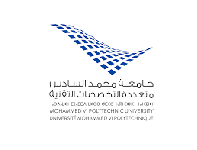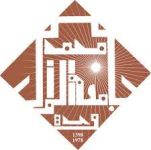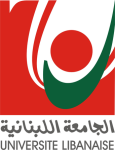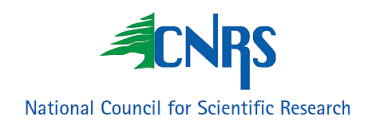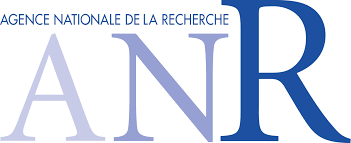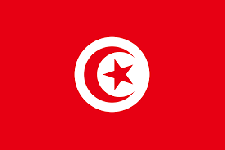SUSTEMICROP methodological approach is organized in 5 main phases. In the first phase (WP1) an analysis to define the project baseline will be carried out, allowing to update on the scientific advances and solutions emerging in market or other R&D projects to address the target crop pathologies as well as any advances at regulation level. This action will generate the SUSTEMICROP Technological, Regulatory and Stakeholders database (TRSd) creating engagement and synergies with interested entities. Additionally, a Sustainable Innovation Framework (SIF) will be designed to set a group of Key Performance Indicators (KPIs) to assess the impact at an economic, social and environmental level from the project products. The SIF will set all data that the Technological Cases of Study (TCS) needed to monitor and evaluate the current farmers’ performance.
In the second phase, the project proposes the valorisation of natural resources from Mediterranean crops (crops residues, essential oils, soils microbiome, bacterial metabolism, resistant varieties), their selection, purification and optimization, and the evaluation of their effect in controlled laboratory, or small-scale field conditions, against key pathogens and diseases in the target crops. Additionally, the leaders of each TCS, will collect the information defined in the SIF (WP1), for the evaluation of the current practises versus novel proposed solutions. This second phase is structured in 3 work packages. WP2 aims to valorise crop residues through their composting. The obtained compost will be enriched with BCAs, and Plant Growth Promoting Rhizobacteria (PGPR), previously selected in order to formulate BF to combat key soil-borne fungal pathogens and/or increase crop productivity. WP3 will formulate new biopesticides against diseases based on essential oils (natural extracts from aromatic plants) and bacterial priming molecules (from Rhizobium and others). Essential oils and/or extracts from different aromatic plants will be investigated for their use to substitute synthetic pesticides to control plant diseases, without significantly affecting crop yields. WP4 will screen, monitor and test fungal disease resistant crop varieties that are more resilient and adapted to climatic change conditions in the Mediterranean context. More specifically, partners will evaluate several grapevine genotypes, for their ability to produce and maintain fruit and wine quality under environmental conditions matching the predicted by Global Climate Change models. In addition, varieties known to resist against downy and powdery mildew will be tested under different climate conditions, and new genotypes from early stage of selection will be tested in different CO2 conditions.
The experimental trials and works proposed in WP2, WP3, and WP4, are organized in 10 TCS. To develop such TCS, some interested stakeholder have already been identified and engaged.
The third project phase (WP5) is focused on the environmental, social and economic sustainability assessment (indicators set in WP1) of target crops and agroecological innovations from WP2, WP3, WP4 and also WP6. The focus will be on the assessment aimed at reducing chemical inputs, non-renewable resources, carbon footprint, biodiversity generation, use of crop waste, provision of ecosystem services, farmers’ income and human health, among others. This phase will generate results to be used and analysed in the next phase for small farmer assessment.
The fourth phase (WP6) aims to evaluate and improve the SUSTEMICROP solutions and outputs acceptance by key users and stakeholders of the value chains from agricultural producers to the manufacturers. For that purpose, and within WP6 the TRSd defined in WP1 will serve as a multi-sectorial and multi-actor assistance network, to identify key aspects and current available agroecological solutions. Several local “Pilot field trials' ' will be deployed from the beginning of the project in three countries (Morocco, Spain and France) using commercial agroecological innovations (when possible, SUSTEMICROP products), and evaluating their performance and farmer capacity. Next action will focus on the sustainability assessment of the agro innovative solutions tested and the farmer´s acceptance or willingness to pay with qualitative measures and practises (surveys, Choice experiments, interviews, etc.). Practical information will be the basis to set the real “in field” situation for policy-making bodies, and, especially, establishing positive roadmaps to help adoption by end users.











